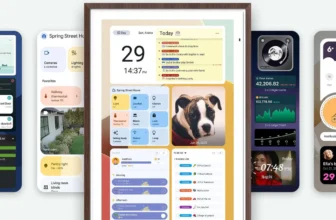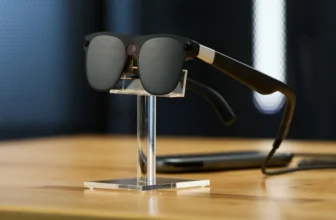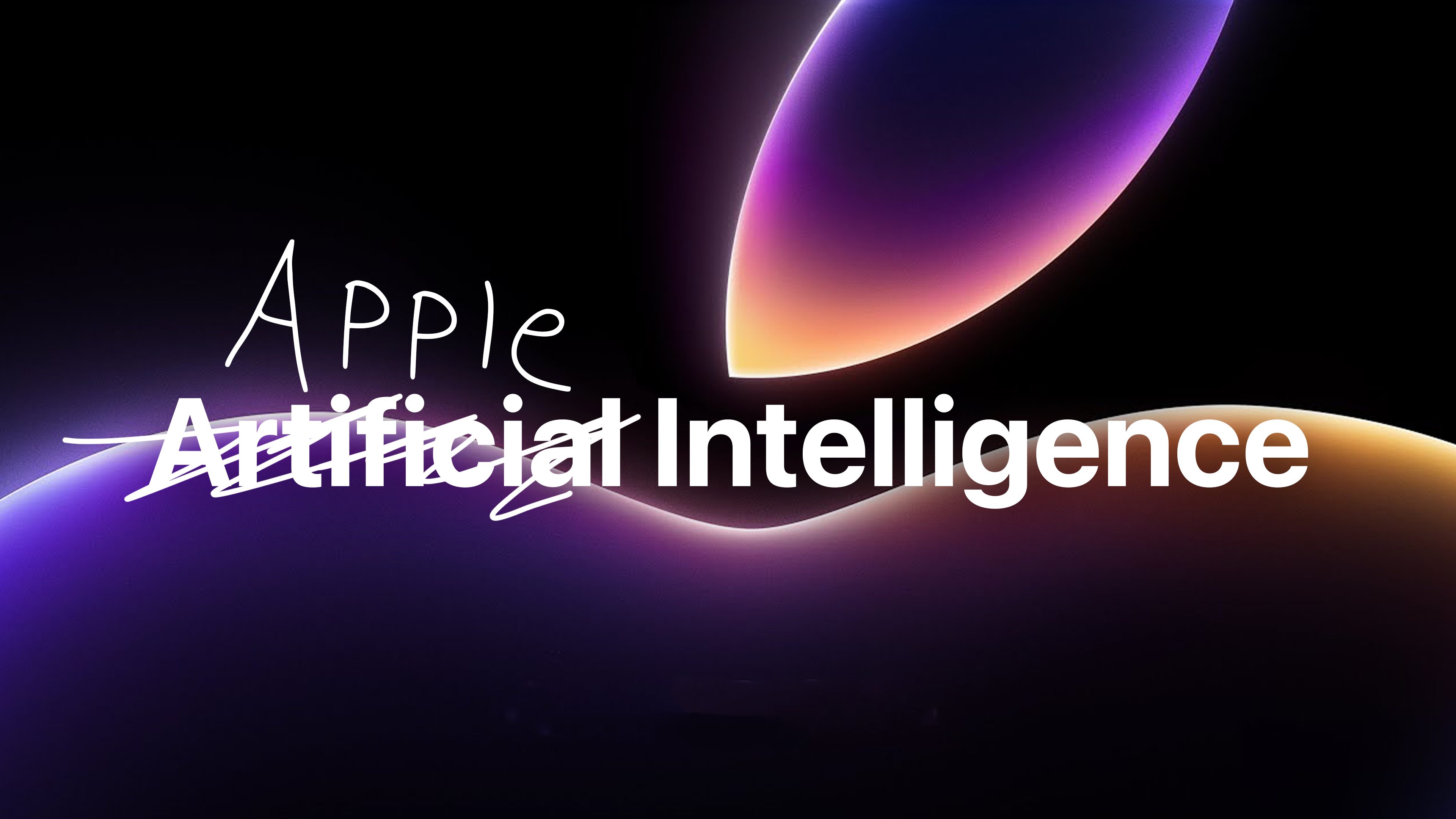
In this article, you will realize the following:
- How good Apple Intelligence already is, down to the last detail.
- How reliable Apple’s artificial intelligence is compared to competition from Google, Meta, and Microsoft.
- When can you use all the features shown?
Here is a tiny serving of nextpit’s community service on the side: Every news mouthpiece that promises you the above three points is pulling wool over your eyes! I would therefore like to begin my opinion article with a disclaimer, which also consists of three points and explains why I cannot yet evaluate Apple Intelligence in a conclusive manner:
- I’ve gotten myself in a pickle several times now after AI events because the presentation is often divorced from reality.
- Apple showed and explained many wonderful things but also left plenty of question marks.
- I am writing an opinion piece, and not an in-depth analysis.
During these madcap times, I increasingly have the feeling that we always have to have a final, seemingly well-established opinion quickly. However, doing so is impossible as all the facts are not on the table. Do take all these into account when I share what the Cupertino-based company showed at the keynote in an early impression of the WWDC keynote.
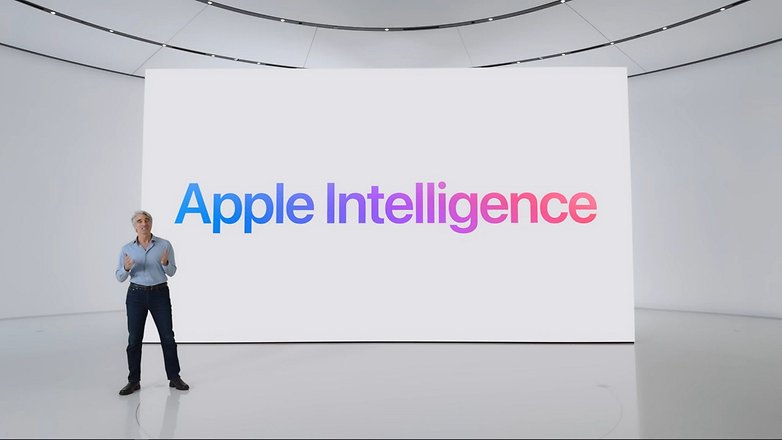
“Artificial Intelligence” is finished, Apple Intelligence is here
I wrote Artificial Intelligence in quotation marks. That’s intentional because it would be silly for me to claim that artificial intelligence is a thing of the past. I’m just referring to the terminology, which Apple has once again injected with their clever wit. With “Apple Intelligence”, Apple has unceremoniously hijacked the abbreviation “AI” or, at least, provided a reinterpretation.
When I watched the keynote yesterday, I was a little confused: I actually wanted to drink a shot at every mention of “AI” and realized that after an hour my glass was still as dry as the desert sand near Silicon Valley. Smart functions were presented in snippets, but Apple spoke about “machine learning” at most, instead of artificial intelligence or even Apple Intelligence. I found this subtle separation of terminology quite exciting, but it’s probably part of the Apple presentation circus.
Apple plays the privacy card
Only then did the company let the entire cat out of the bag, introducing Apple Intelligence and spending a lot of time telling us about privacy. That’s very clever because it’s currently difficult to receive news about AI in an unreservedly positive light. There are times Google Gemini suggests we make cheesy pizza with glue, sometimes OpenAI steals Scarlett Johansson’s voice. And Microsoft thought it was a good idea to tell us that they use the Recall function to create and save an image of our Windows screen every five seconds.
Apple was indeed well advised to address the issue of data protection and privacy prominently, in accordance with company tradition. As expected/hoped, a lot of what you can do with the new, significantly improved Siri AI takes place locally on your iPhone, iPad, or Mac. I don’t want to talk about the individual functions at this point. It’s best to take a closer look via our article on Apple Intelligence.
To be honest, most of the features weren’t particularly spectacular on their own. Yes, it’s great when Siri helps us proofread, rephrase, or summarize texts. However, we are well aware of these tricks from other AI implementations.
The privacy approach made it exciting. If I can forward simple requests to Siri to find out when my mother will arrive in the city, where we want to go for dinner, and how far it is to her hotel. Siri takes all the information she can find on the subject on her smartphone. If all these took place locally and such data is not stored on some server somewhere, that is a critical difference compared to our experience to date.
Google, Samsung, and other players would also like to work toward that conclusion, there is no question about it. Apple leading the way here to an extent inspires more confidence than the latest efforts from the assembled AI competition.
It simply works!
Are average iPhone users overly interested in security? That’s a good question! They should, yes, but oftentimes, there are probably other reasons: It feels like everyone has an iPhone, it looks so impressive and fancy, and everything works so wonderfully in an uncomplicated manner. Do you view it differently? It’s okay, feel free to insult me in the comments! The last point is the most exciting for our consideration: the uncomplicated operation of the iPhone!
Think about people who are constantly struggling to keep up with technological progress. They may already feel overwhelmed and left behind without AI technology and now, to make matters worse, they are reading everywhere that nothing will work without AI in the future. This is precisely where Apple comes in and eliminates every technical hurdle for you.
Simply speak or write to Siri and Siri will deliver. Do you need instructions on how to create an appointment on your iPhone? Do you want information about something you see on the display? Would you like to take a photo with the selfie sensor in portrait mode? Siri can provide you with what you want!
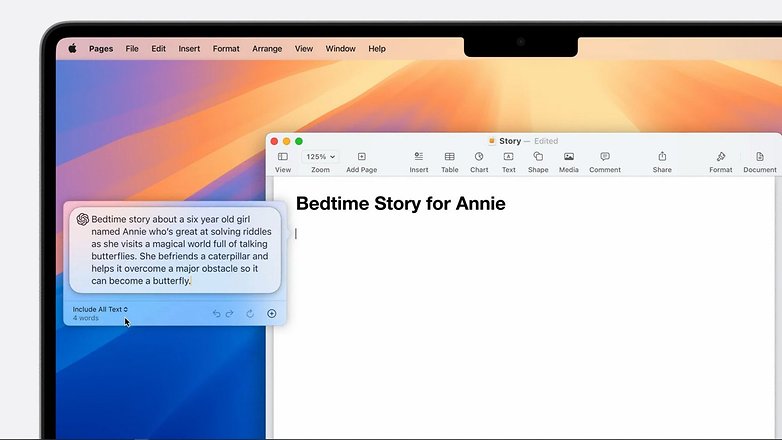
You won’t have to memorize a certain phrase for the command to be recognized. You also no longer have to wade through long menus in the settings, you simply do it. This is not only totally “seamless” for tech enthusiasts, but also brings many people on board who previously had nothing to do with AI and perhaps even had respect for a simple iPhone. If an older, technically inexperienced person uses a smartphone, it can be quite a hurdle to find out where the email with a certain piece of information is hiding or how to find the location of the right restaurant.
Apple is fulfilling the promise that Google, Meta, Microsoft, and all others have made a long time ago: AI changes everything, makes everything easier and more convenient for us. I would rather not downplay the effort made by other companies. Of course, Samsung’s Galaxy AI already offers us a few fine features. However, Apple goes the extra mile here. The company marries its promise that our data is secure with a foolproof experience, and is now taking us all along for the ride.
The emphasis here is on “all” because Grandma Gertrude may simply not be interested in how to prioritize emails or how to summarize scientific PDFs. She just wants to take a photo of her open fridge and find out what she can cook with whatever available ingredients. AI for everyone, that’s what all service providers promise us, and what Apple is now delivering.
If there wasn’t one more “but”…
Sophisticated functions, unspeakably simple operation, and unparalleled security, that’s a no-brainer when it comes to AI, isn’t it?
Yes, it would be if we were to accept everything that Apple presented to us at the keynote as gospel truth. However, as I mentioned at the beginning: trial and error makes perfect! We often only find out whether the AI really delivers what was unveiled to us so boldly and rapidly after we check it out in our review. That’s why it’s worth waiting a few days before we begin singing praises about Apple.
What is really performed locally?
Yes, Apple has pulled off a really clever presentation. It’s always nice to discuss how much takes place on the device, but there are three different levels here in reality:
- The functions that actually take place exclusively on the device.
- The functions Apple has come up with “Private Cloud Compute”: We’re talking about Apple’s own servers that are only used for your requested function, without anything being stored in the cloud. Nobody, not even Apple employees, can access this data except you.
- ChatGPT.
The third point is a real stroke of genius! With ChatGPT, Apple landed itself the best-known platform, integrated it into its system, and let us use it for free without having a separate OpenAI account, while ignoring the disadvantages that the cloud could bring. This means you can use Apple’s AI completely locally, or rely on Apple’s secure cloud architecture for more advanced functions as an alternative.
Anyone who wants to access ChatGPT will then do so at their own risk. This is a clever way for Apple to shed responsibility, and I certainly don’t want to accuse them of this. On the contrary, it’s an intelligent solution.
However, I’m still bothered by the fact that the keynote didn’t give us a particularly thorough explanation of exactly what will happen where. What runs locally on the device, what runs via Private Cloud Compute, what does ChatGPT handle, etc. Of course, Apple will ask us in advance if we really want to use a function where the data is not securely stored locally. But we still don’t really know how it all ties in together, where the boundaries are. And how powerful Apple Intelligence actually is when you’re running it device-only.
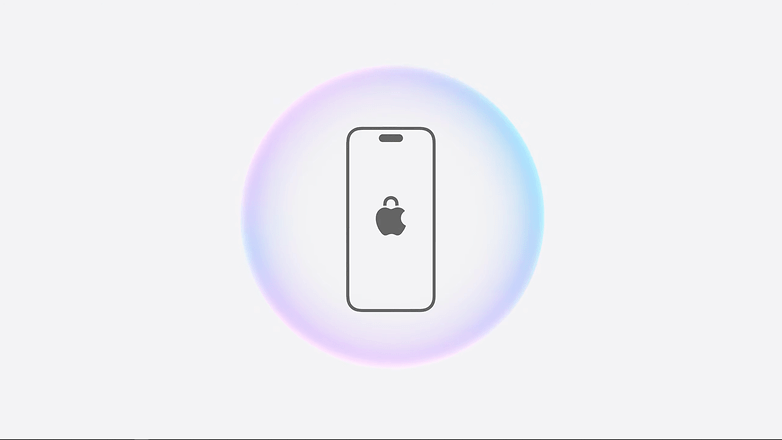
When will we see all this?
Another thing that was not covered in the keynote: When will we be able to take advantage of all this fun? We already know that ChatGPT will not be available directly in the final iOS 18 version, but “later in the year”. This means some features will already be missing. However, not all the other functions shown are likely to be made available immediately, either. In the coming days and weeks, we will use iOS 18 beta to find out just how smart the new Siri actually is.
Be prepared for the fact that some tricks shown may not be available on compatible iPhones until next year. Speaking of “next year” and “compatible”:
Is a two-tier society emerging?
Here, too, I’m not quite sure whether I’ve understood Apple correctly, but for now, we shouldn’t be hoping for Siri to work with a wide range of languages when it comes to Apple Intelligence. Those living in the USA should be able to take advantage of it right away, while other language regions might have to wait until next year for the corresponding updates.
Apart from that, the high technical requirements that Apple Intelligence presupposes still bother me a little. You will need at least a Mac or an iPad with an M1 chip or newer, or an iPhone 15 Pro /Pro Max or the new iPhone 16 series, which we expect it to drop in September. This means, even if you have a new iPhone 15, you will be left out in the cold.
It is the nature of things that we have to accept technical compromises between the Pro and basic models. In the future, however, we will also have to bear in mind that iOS enables us to perform entirely different tasks if we have more modern silicon in the device. Currently, millions of owners of older devices are left out in the cold.
Who knows? Perhaps that might turn out as a masterstroke by Apple if it turns out everyone is so keen on Apple Intelligence and buys the new devices.
My early conclusion: Apple Intelligence is nothing less than an AI revolution
I seriously wanted to end on a more critical note because Apple still owes us proof of how Apple Intelligence works. If we were to assume that it all works half as well as it was presented to us at the WWDC keynote, then Apple is turning the entire AI game on its head and showing us the way forward.
When it comes to artificial intelligence, privacy and data protection have to be considered from the very beginning. It also has to be so easy to use that we don’t have to think for a second about what we’re doing. Simple tasks like swiping, scrolling, taking a photo, or making a phone call are part of this umbrella. It looks to me as if Apple managed this balancing act perfectly and will even include ChatGPT on the device.
In my opinion, this is nothing less than an AI revolution. To all those who are still a little hesitant about AI and haven’t really dared to try it yet: Yes, that includes all of you! Apple is truly getting everyone on board the AI boat, be it Samsung, Microsoft, Google, Facebook, or anyone else: If you want to be at the forefront in the future, you will have to get on board as quickly as possible!
PS: I believe that everyone can look forward to the future if AI is used in the manner Apple showed us. Okay, almost everyone: Elon Musk has already announced he could ban all iPhones from his companies. As always, it’s best to take what Elon Musk says with a pinch of salt.
What do you think of my perspective? Am I too optimistic, or perhaps even too skeptical? How would you rate Apple Intelligence? Do you also think Apple’s approach is a game-changer?





